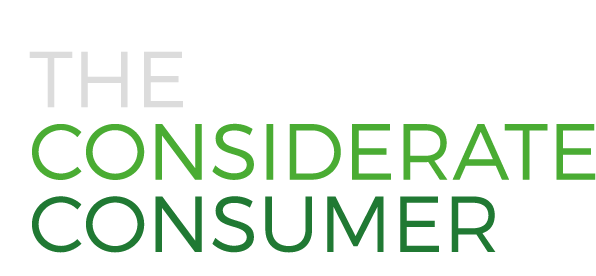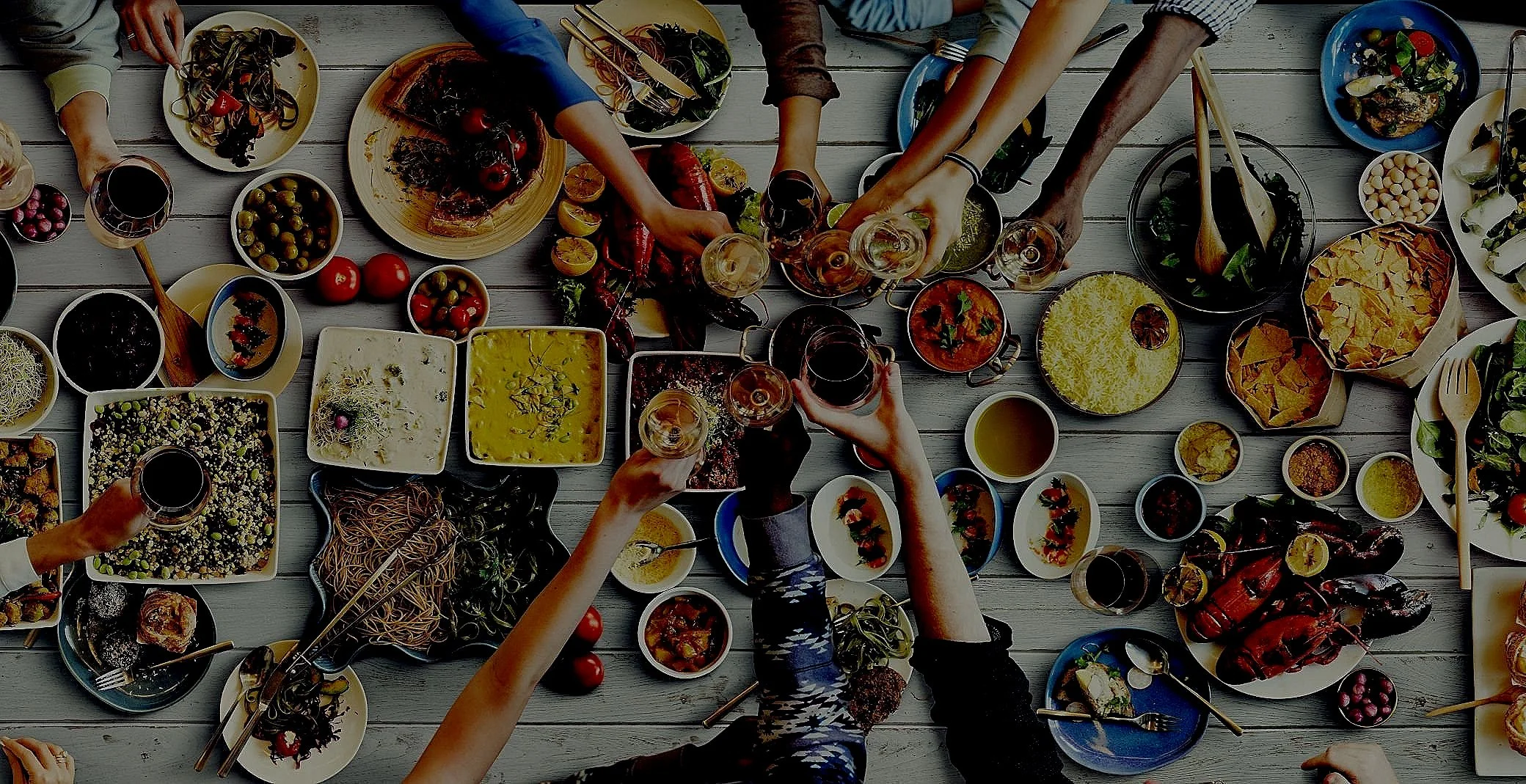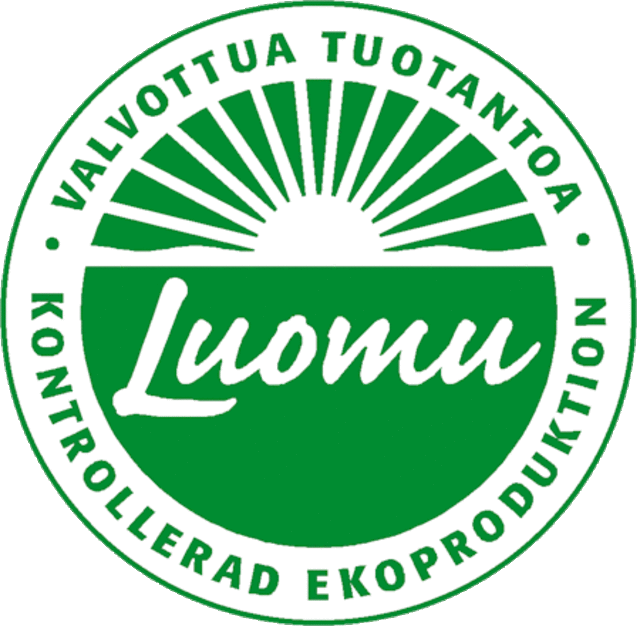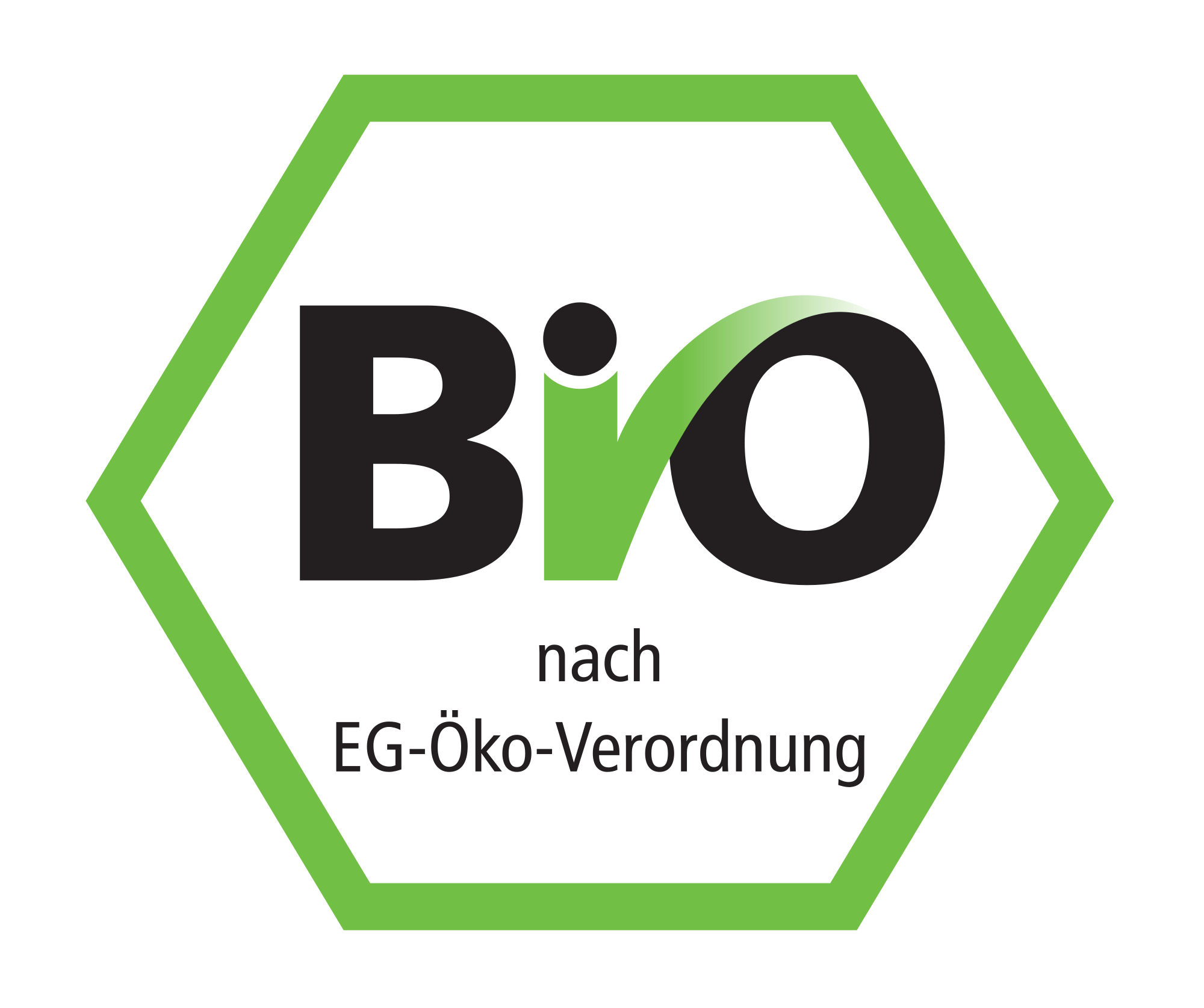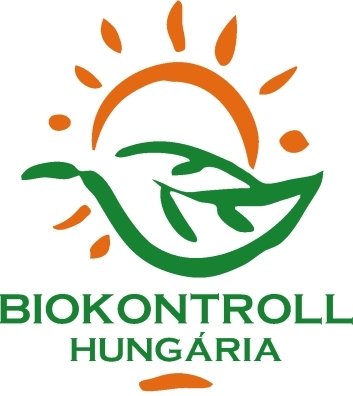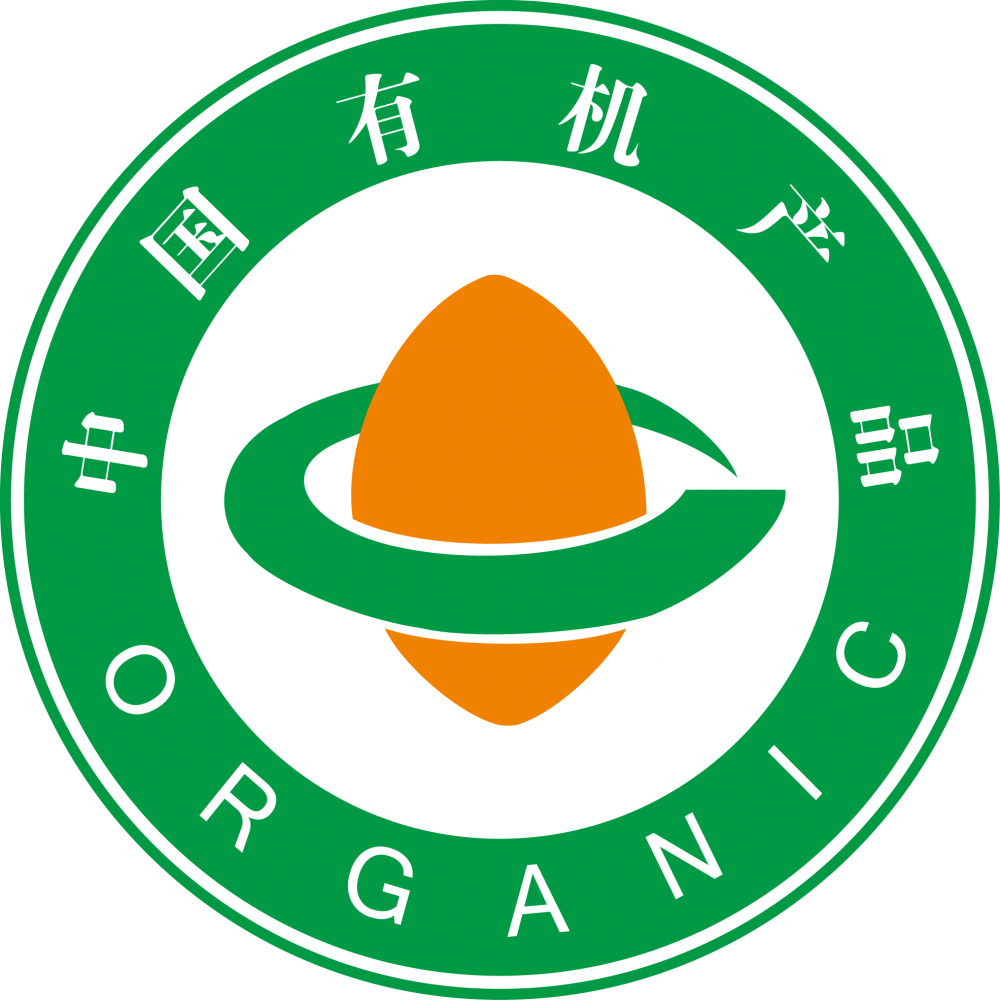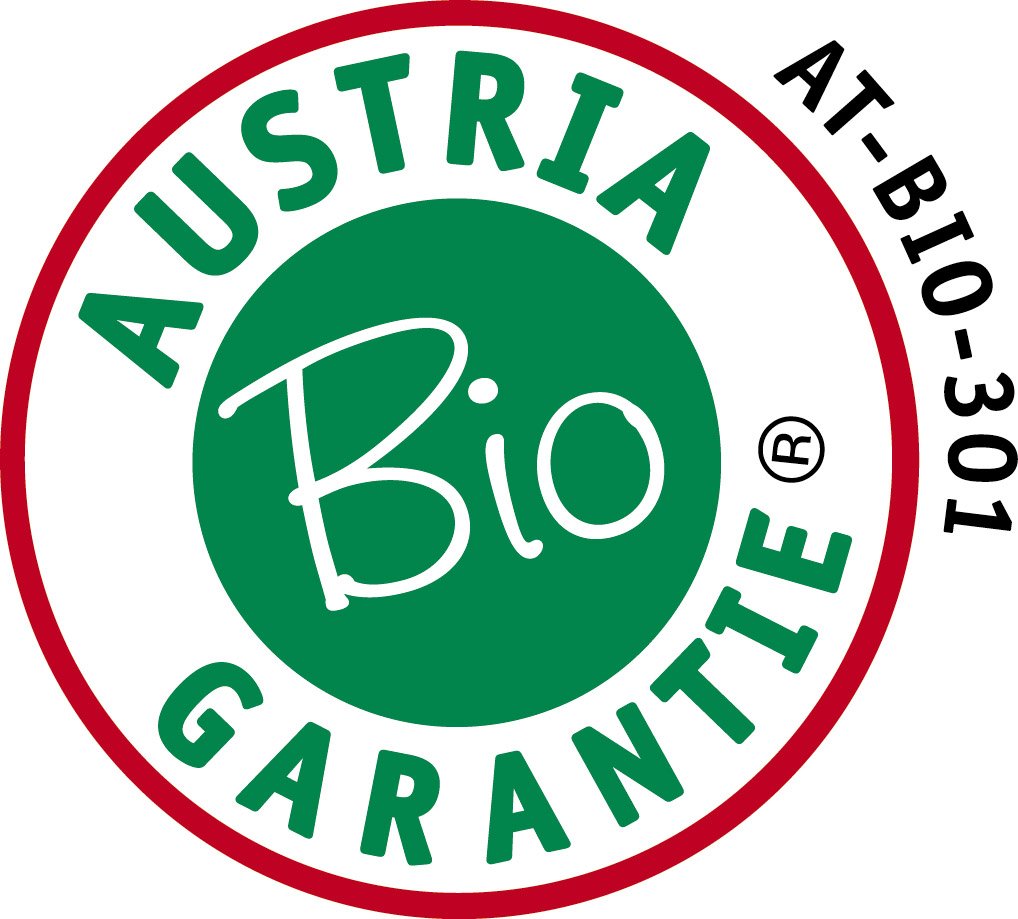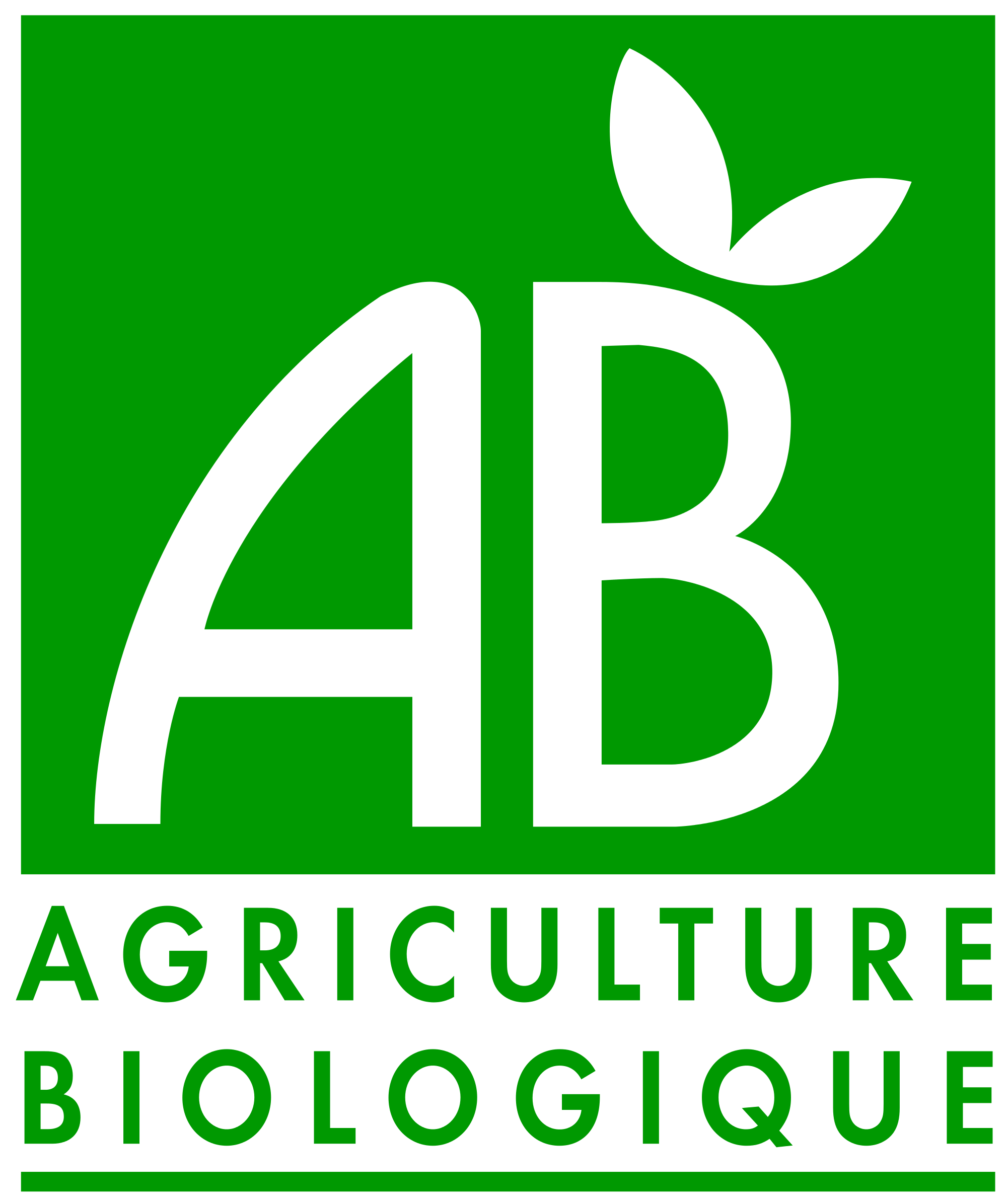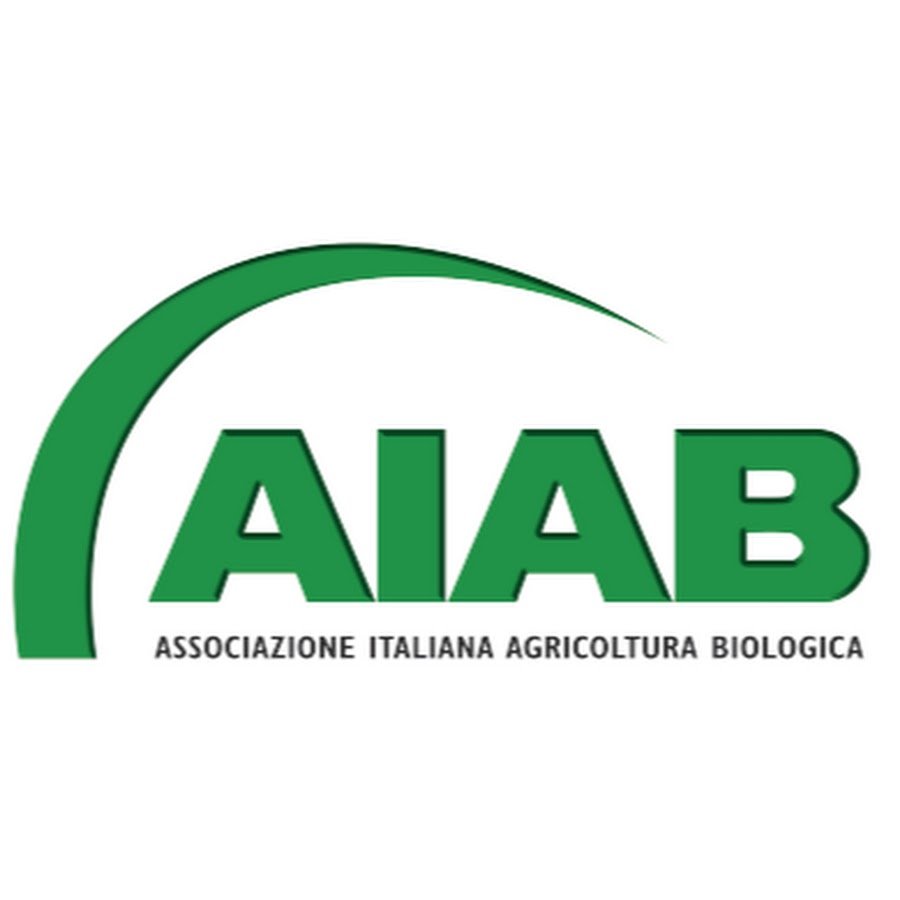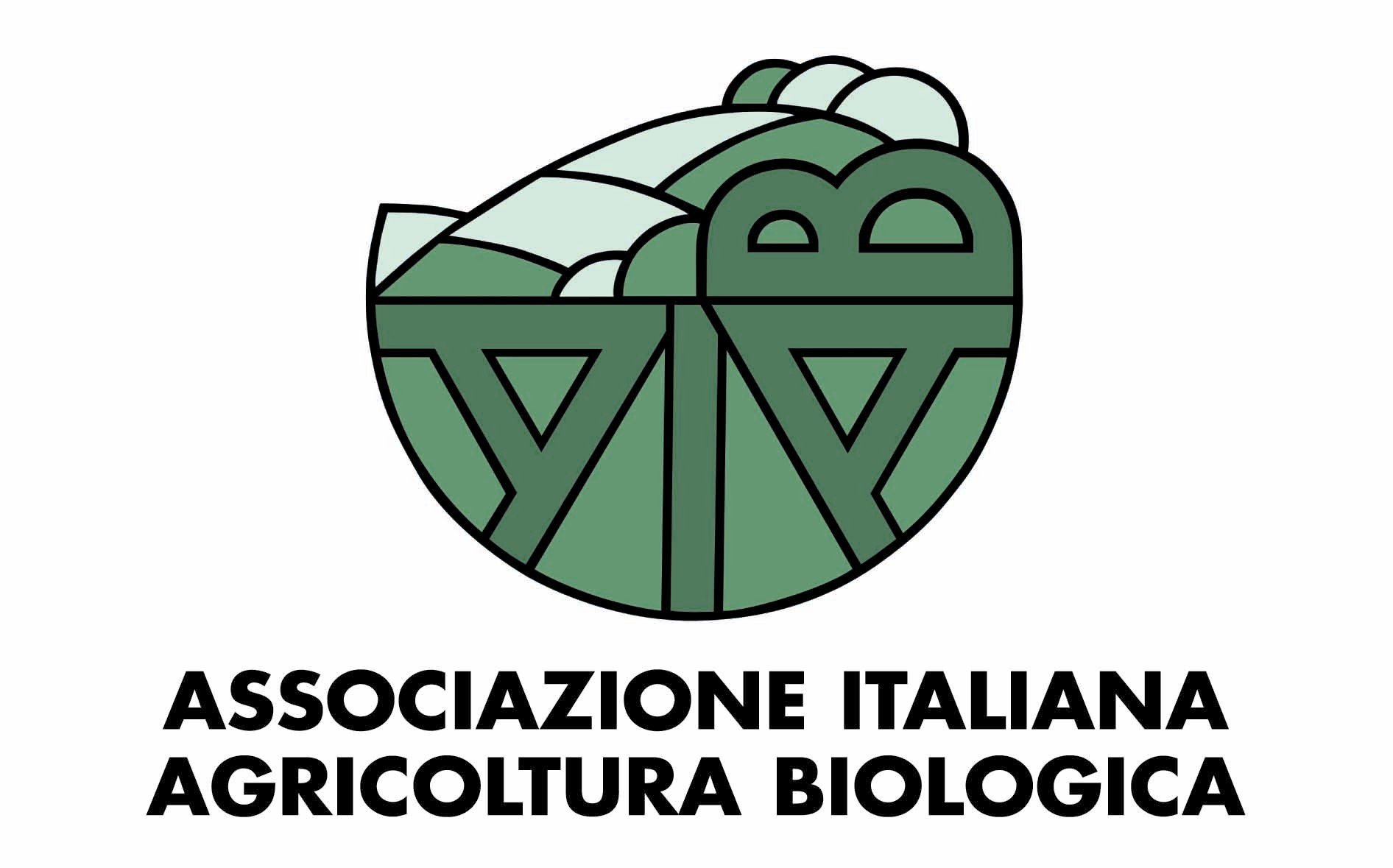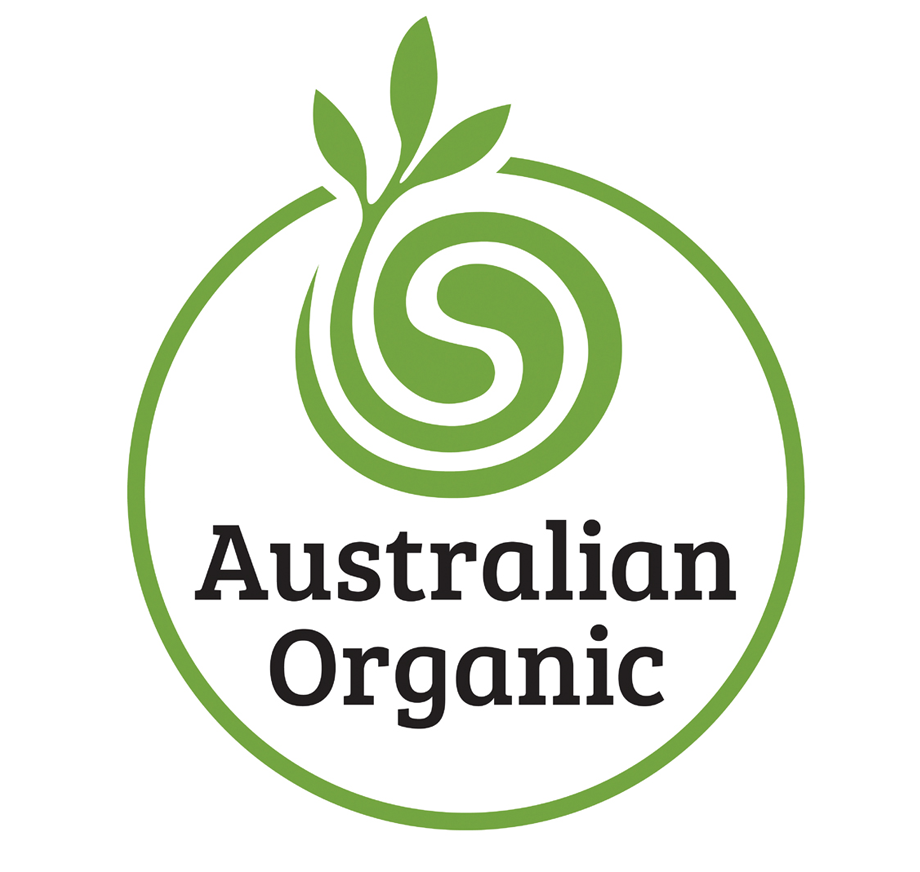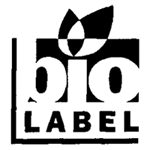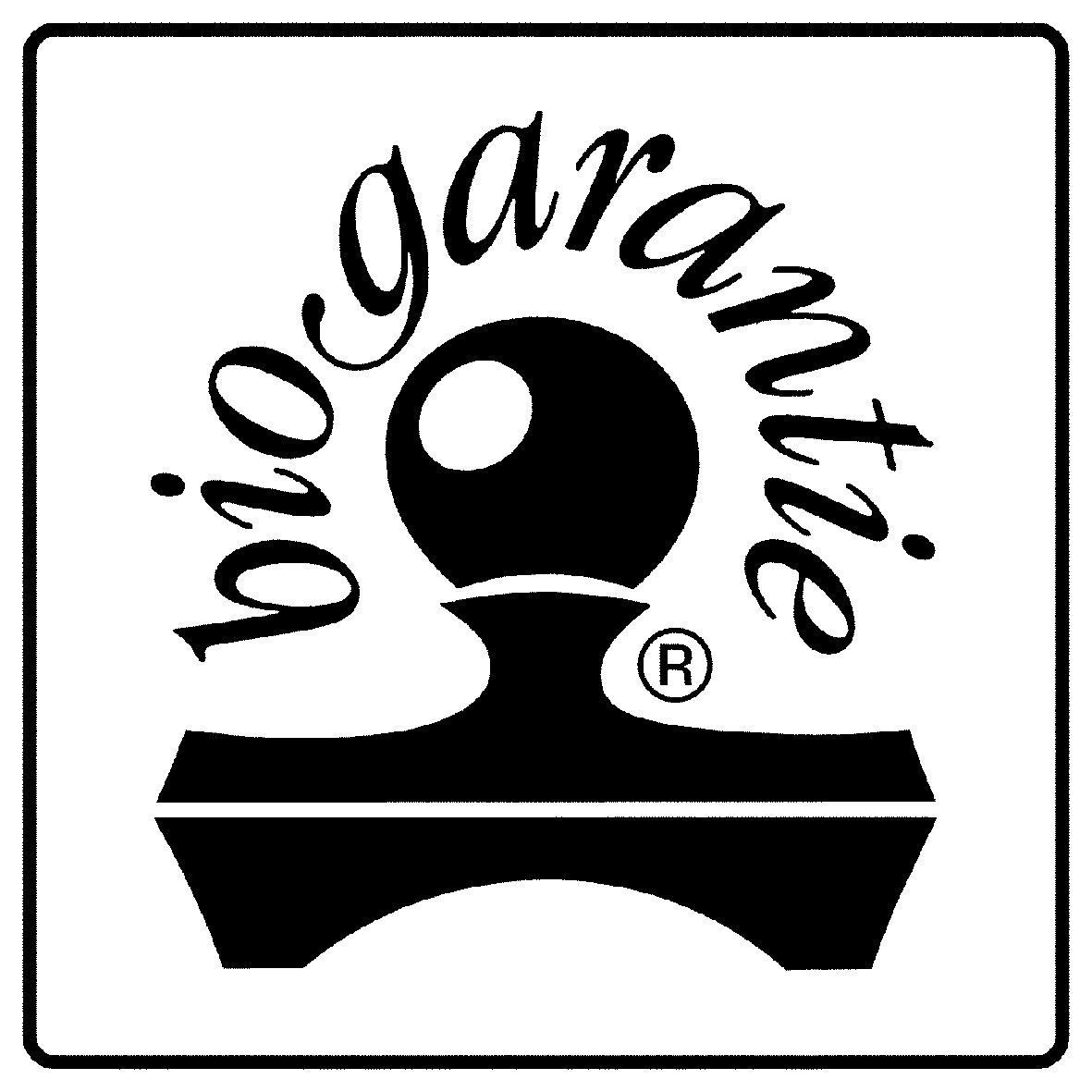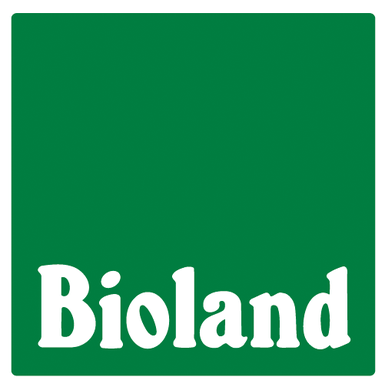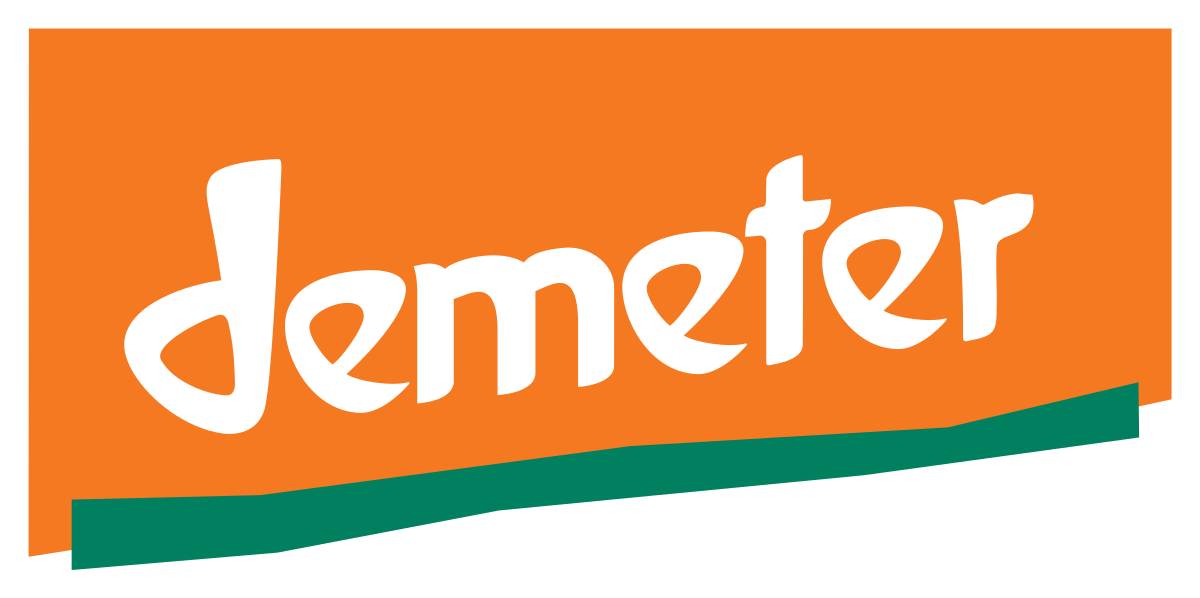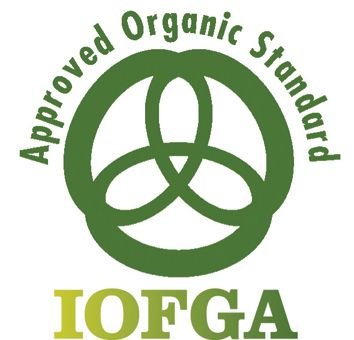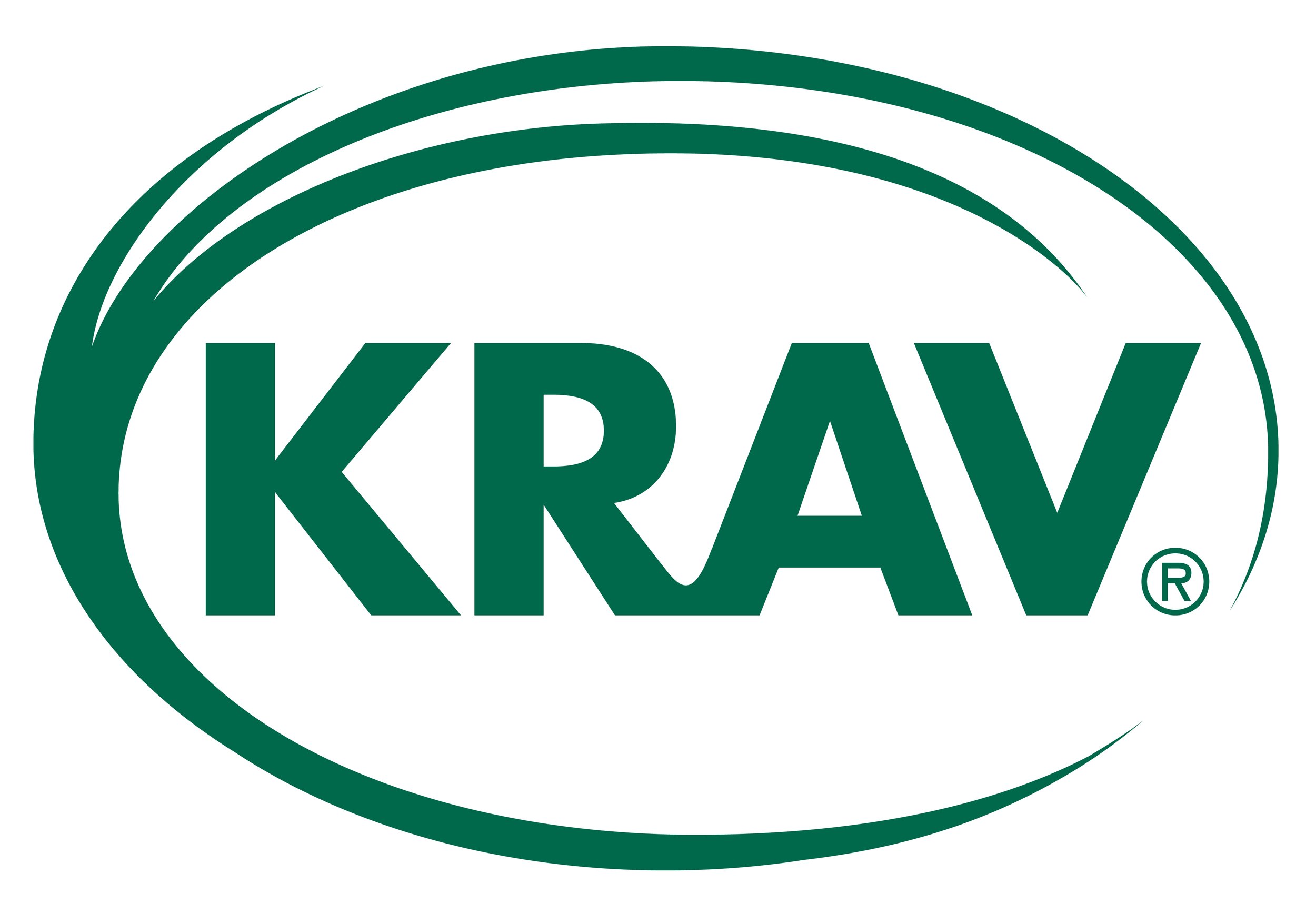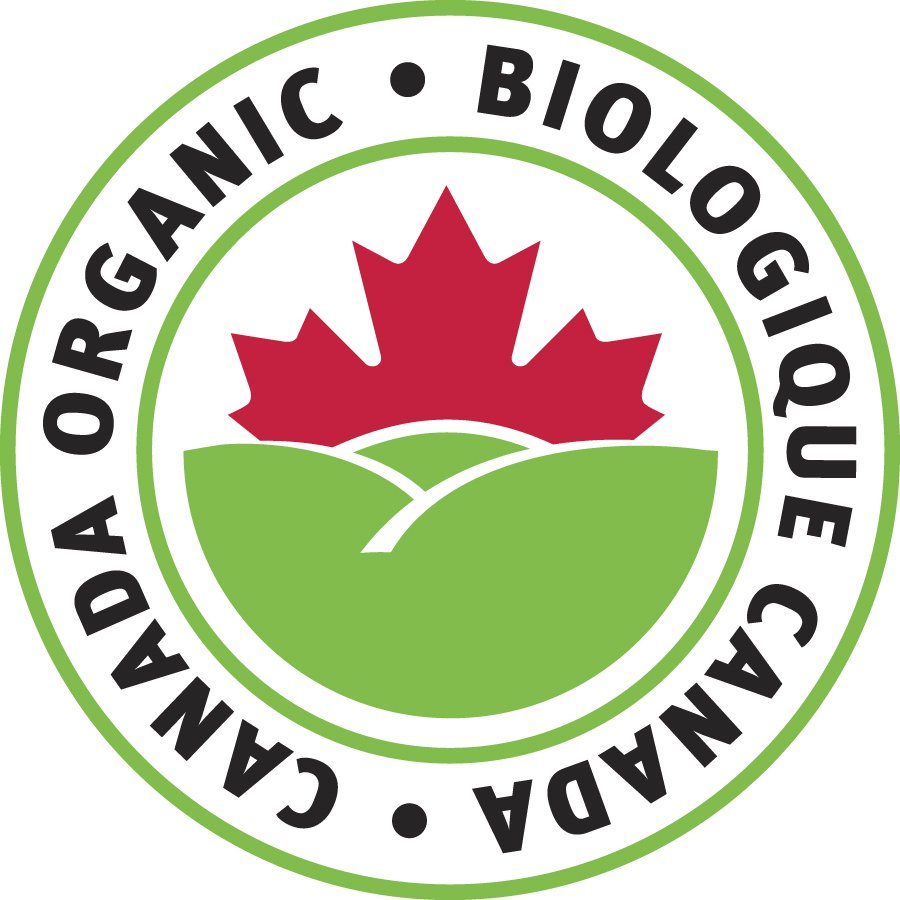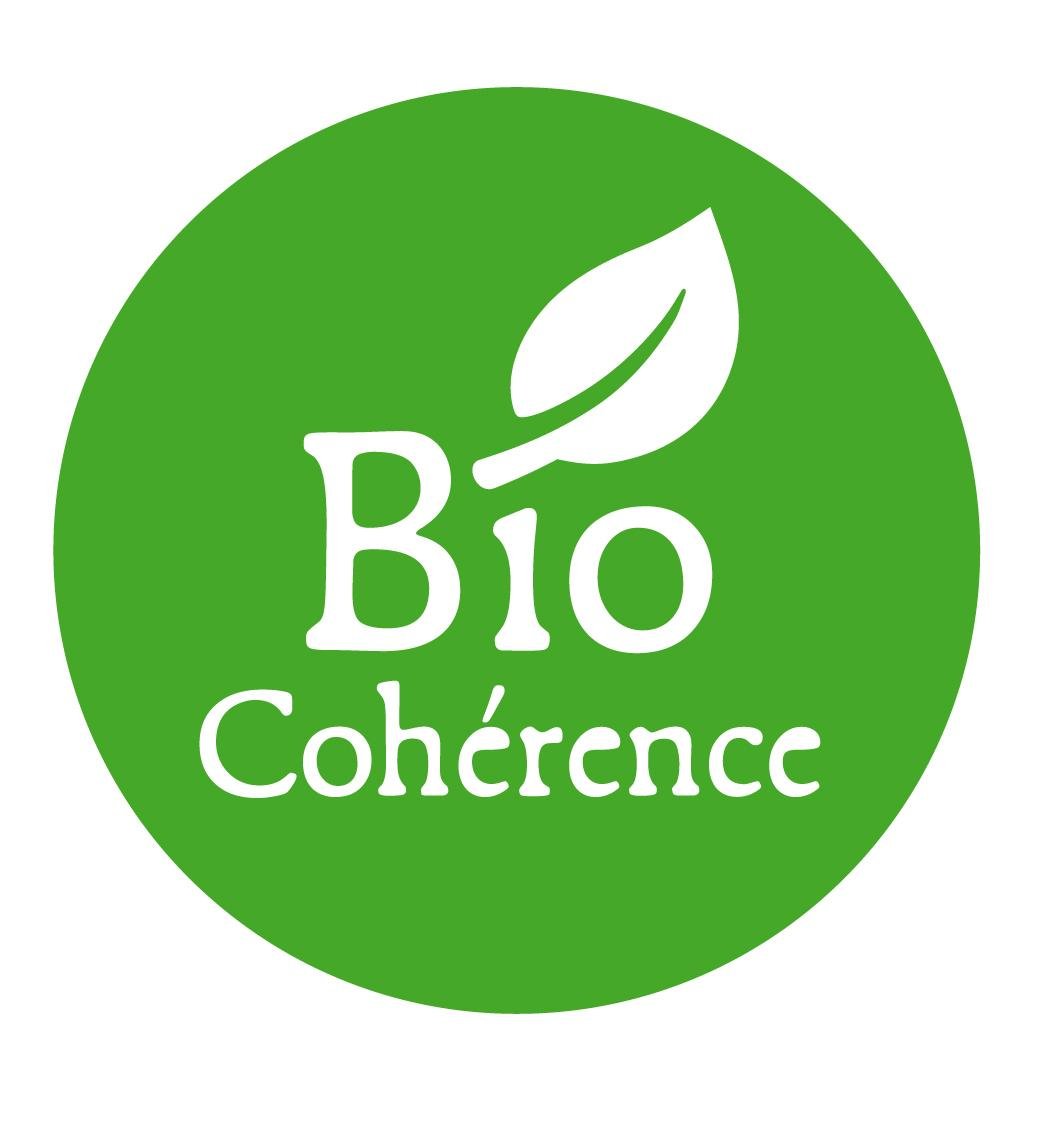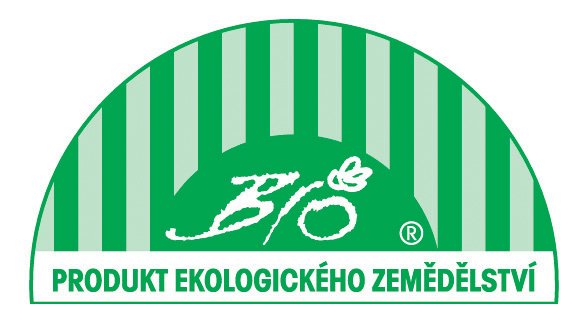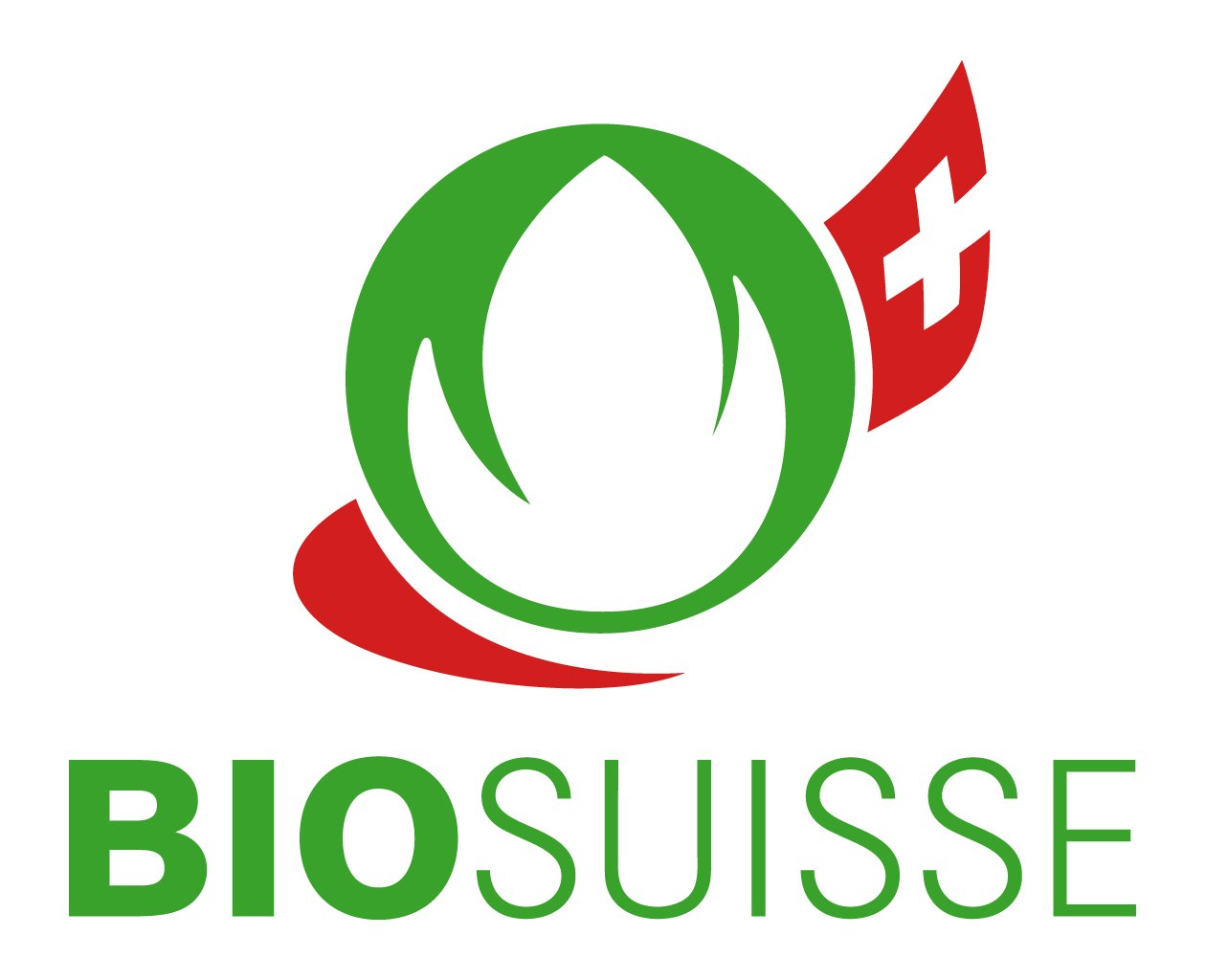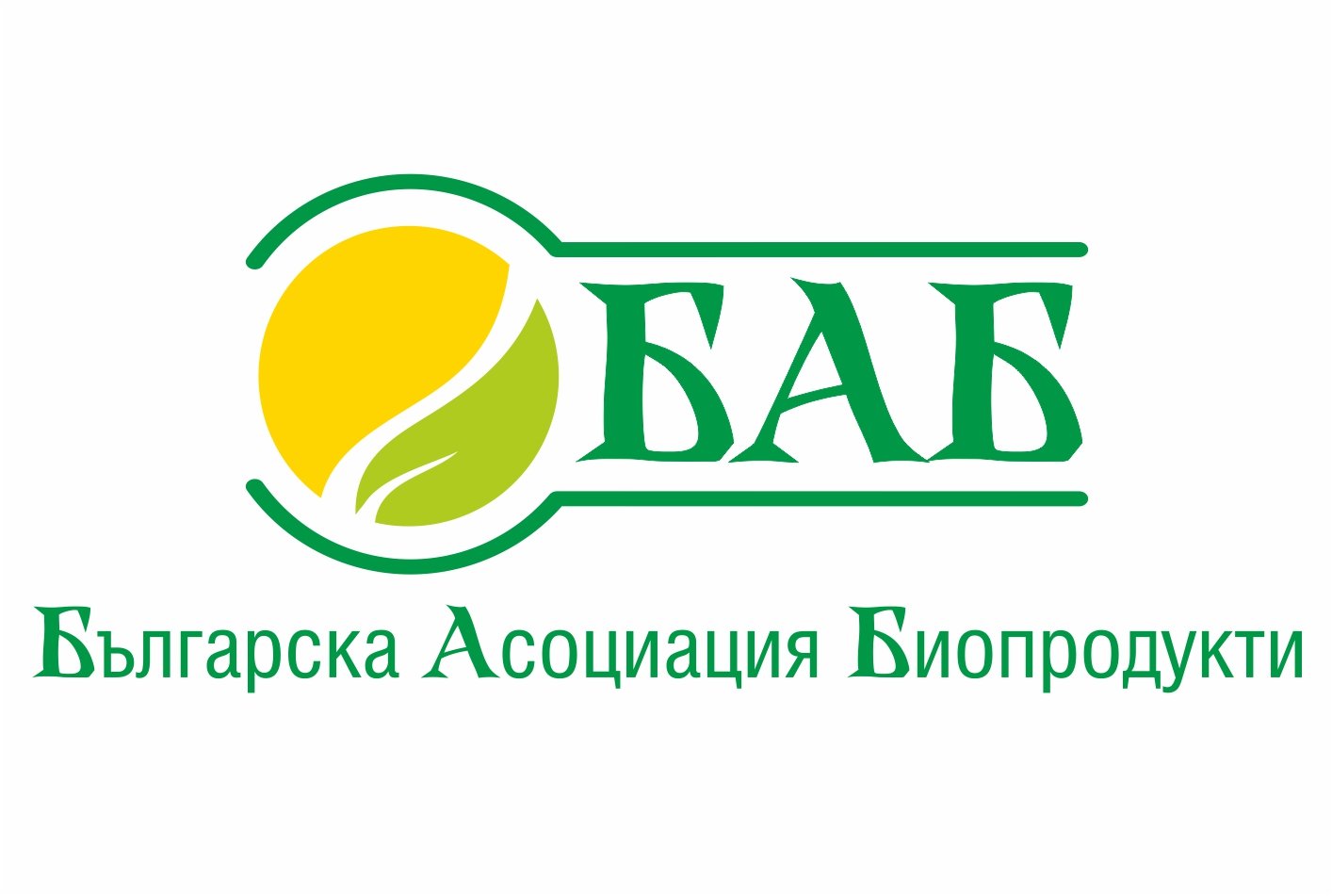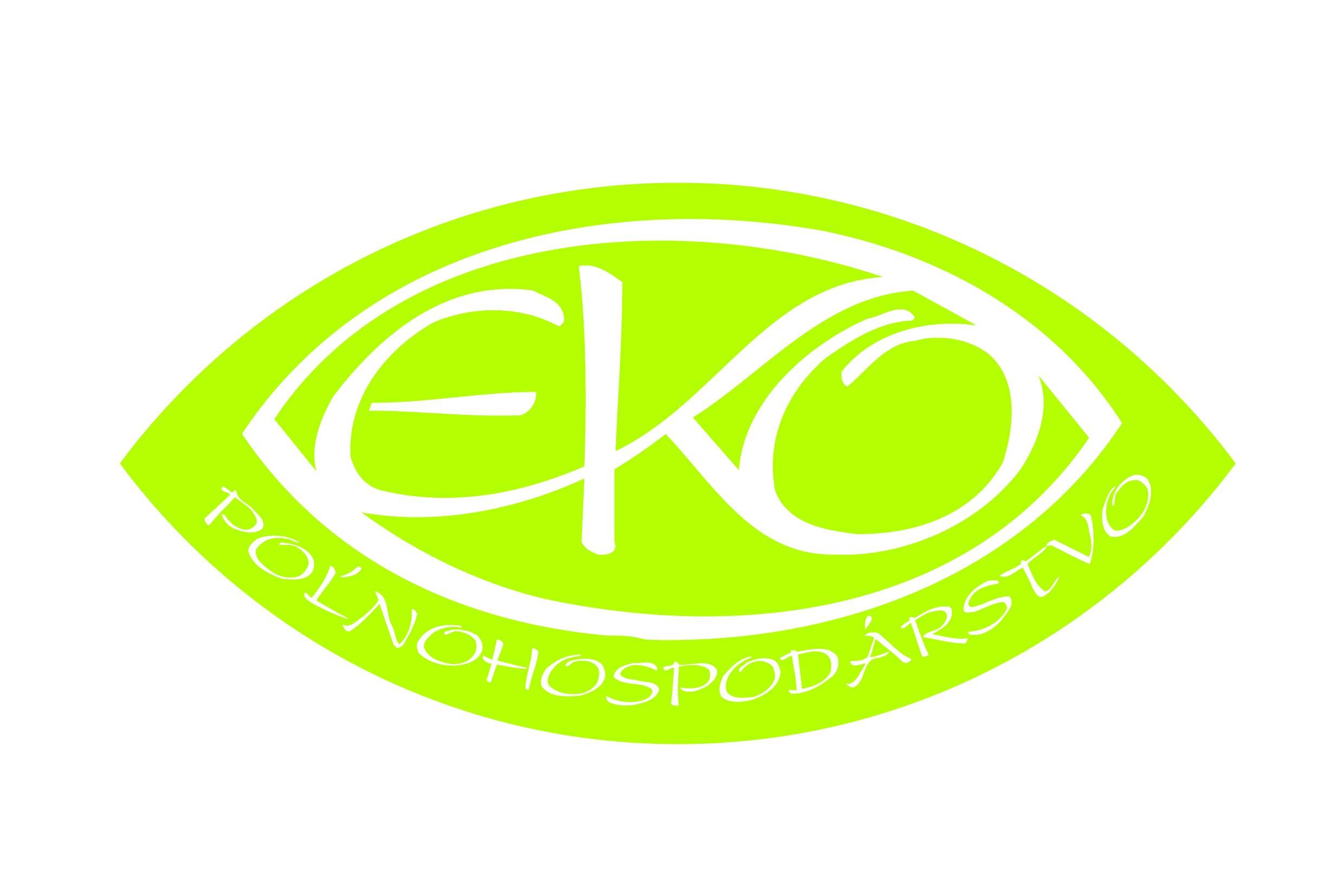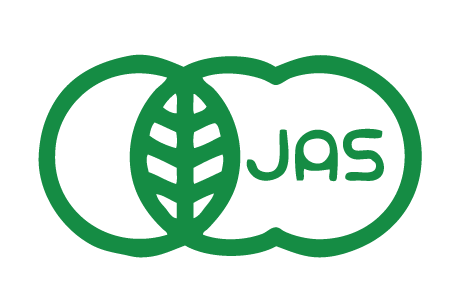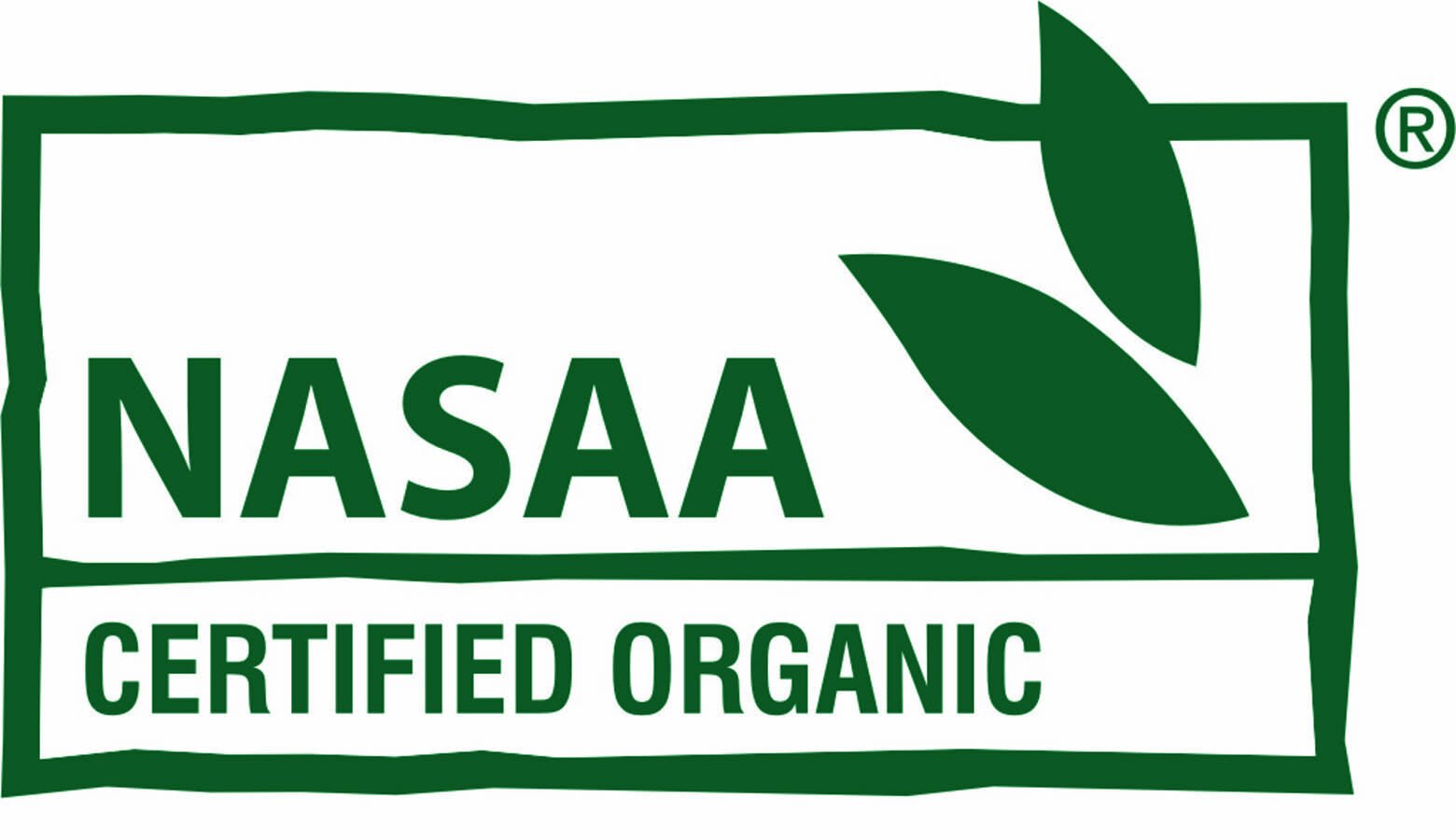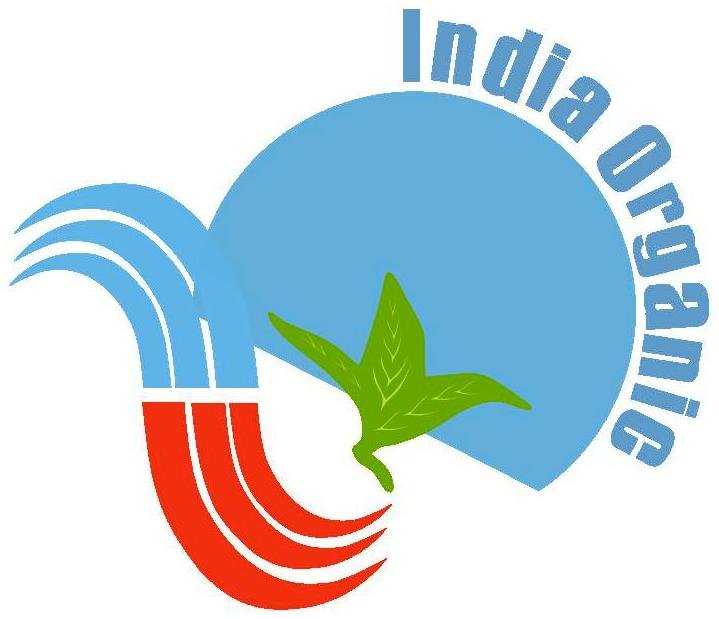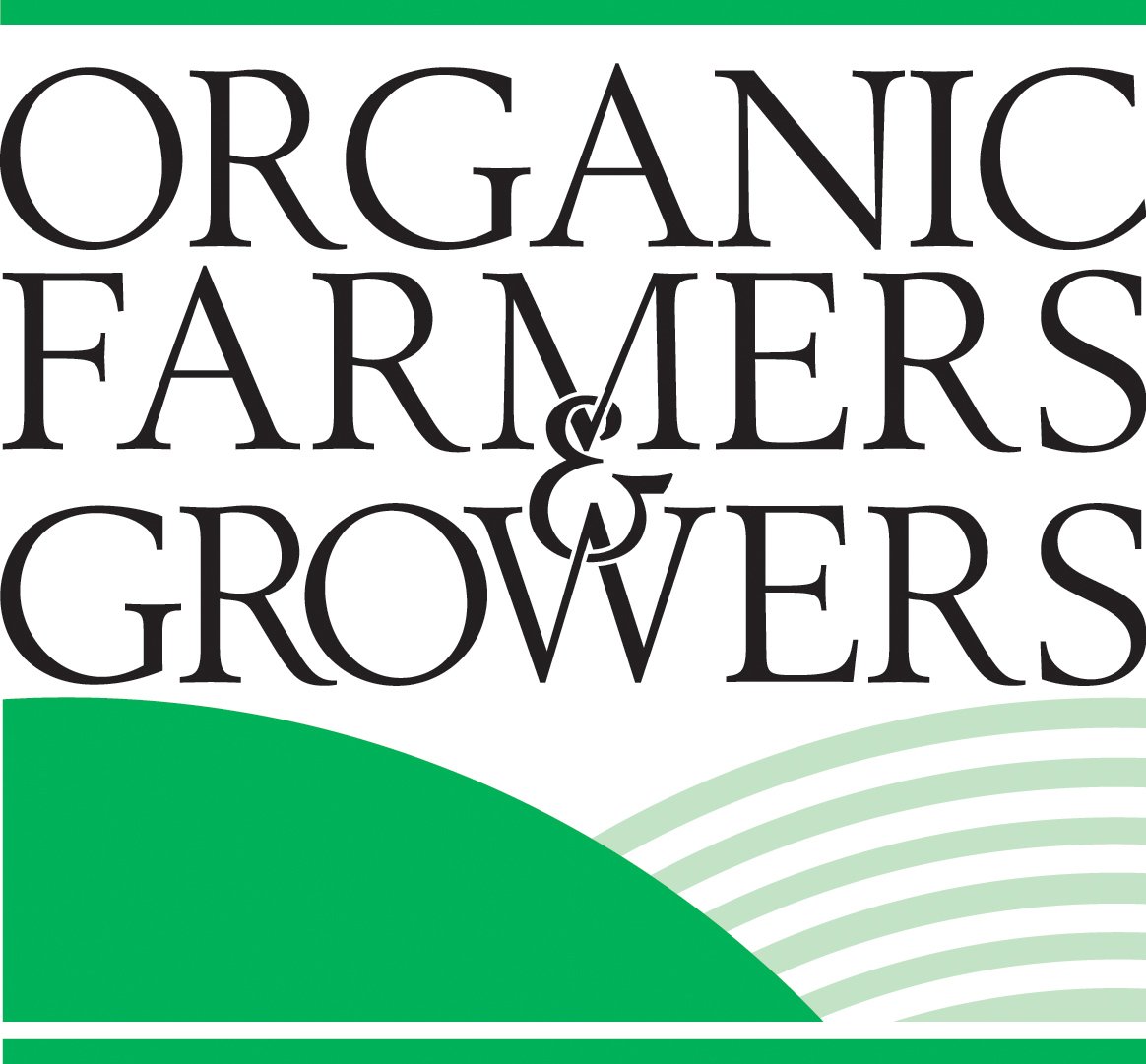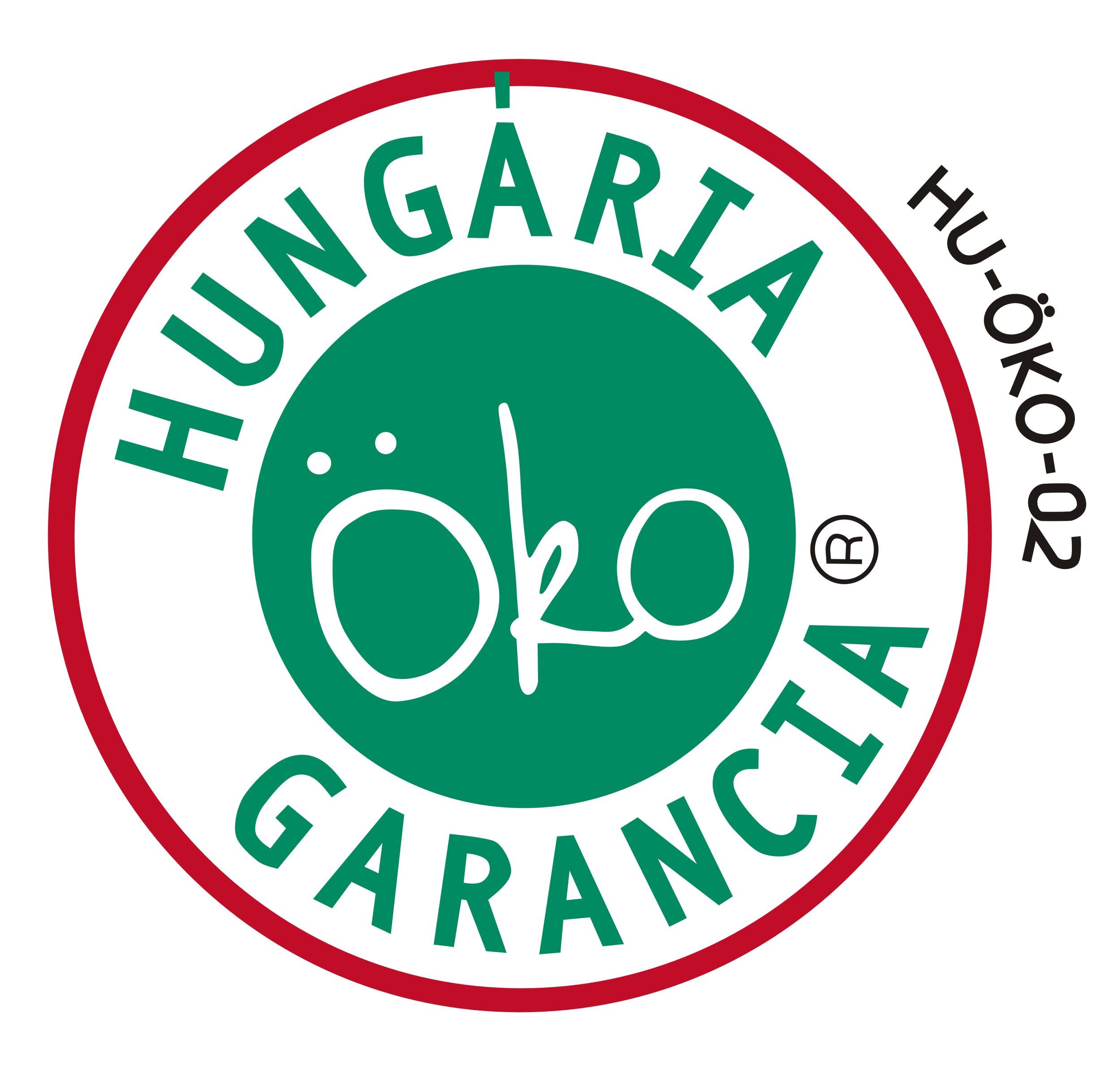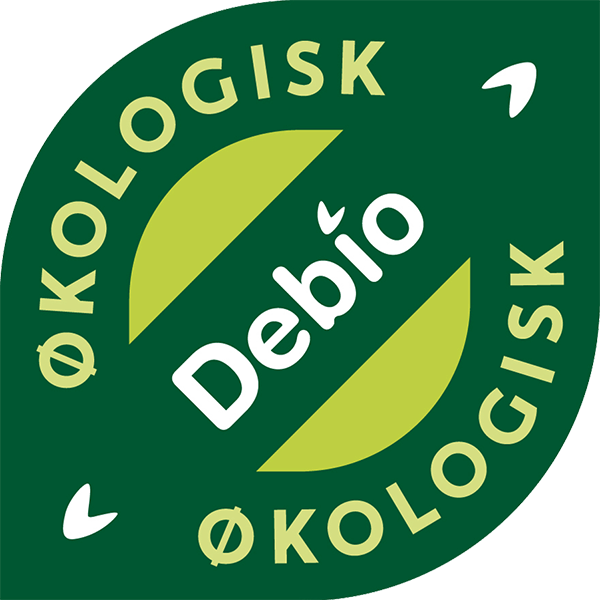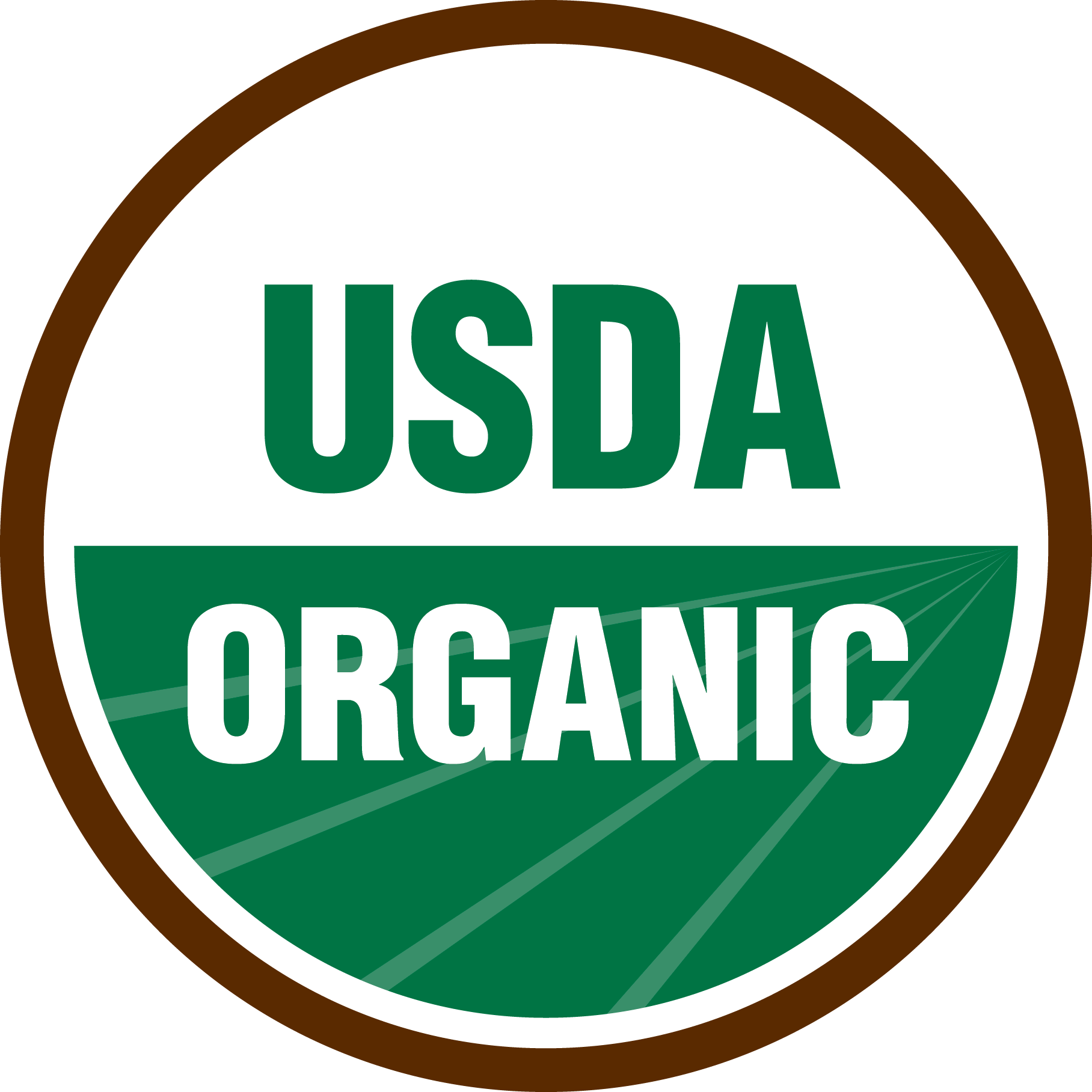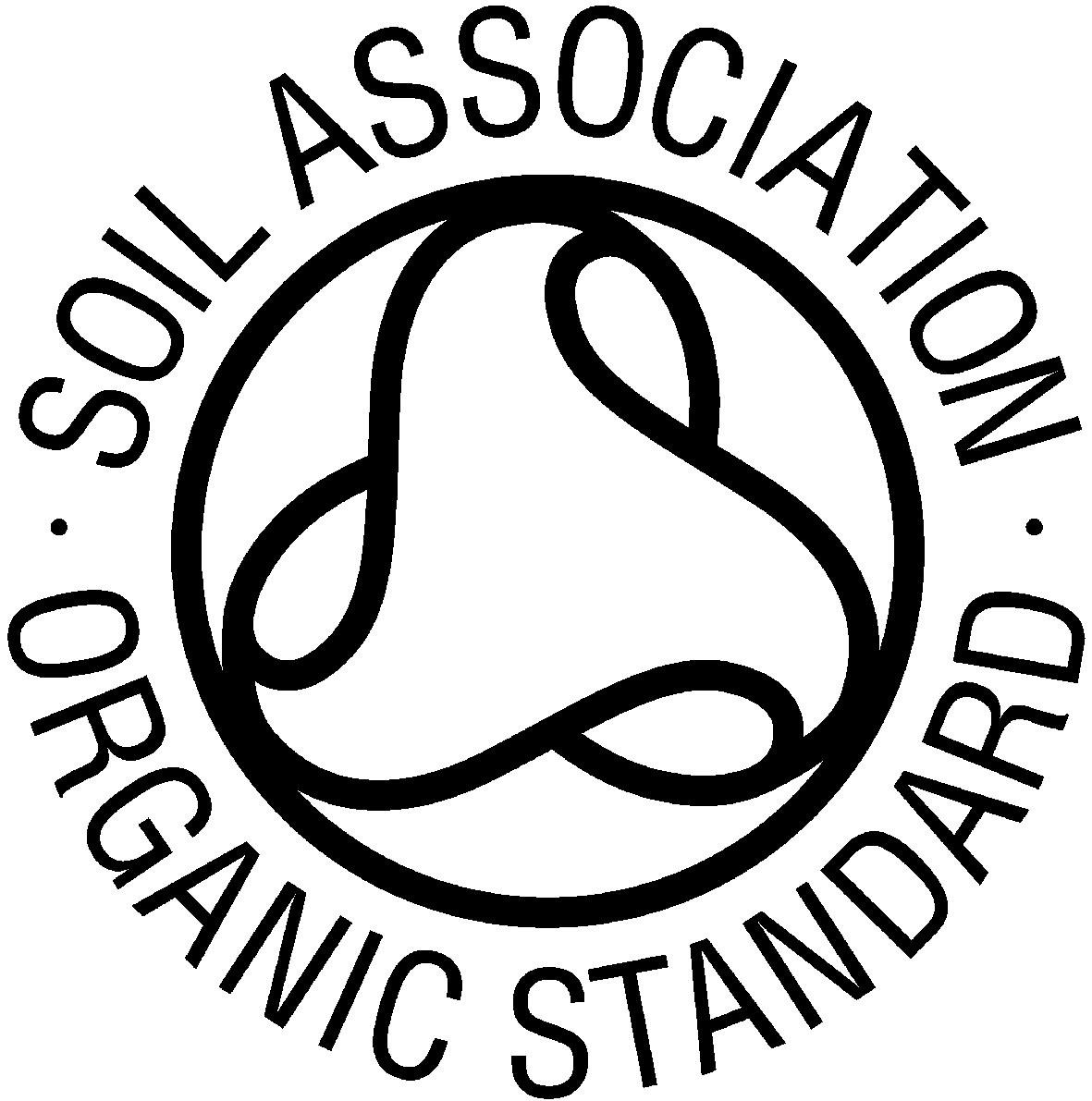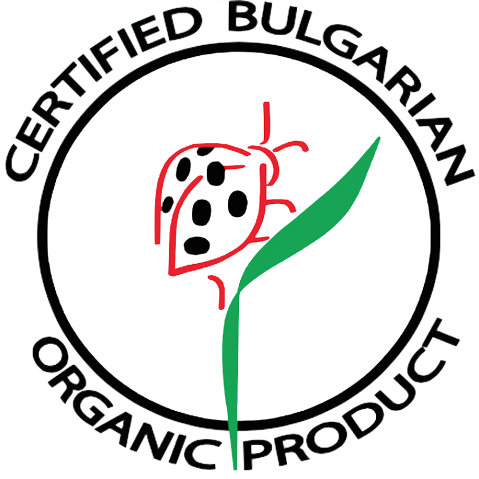December 2019
"Across Europe, organic delivers. In ten years, consumers have more than doubled their consumption of organic." (IFOAM) Conventional food is everywhere. It’s cheap and easy, but it doesn’t offer many long-term benefits to humans or the environment. This is the role of organic produce is more important than ever before.
WHAT IS ‘ORGANIC’ PRODUCE?
Organic production uses sustainable agriculture to make products in ways that are better for the planet, animals and our health.
Organic growth helps soil stay healthy, which produces healthy food in turn.
Being more absorbent of rain water, organic soil is more regenerative, which sustains the ecosystem and long-term food production.
Reduced use of fertilisers and pesticides mitigates the ground’s acidification and mineral depletion.
Organic farms don’t use synthetic pesticides/herbicides, which means less pollutants run off into waters.
The lack of nitrate fertilisers reduces nitrous oxide emissions.
Conventional foods have higher pesticide residues, GMO traces, nitrate levels and use of additives than organics, which are anyway more nutritious.
BENEFIT OF ORGANIC AGRICULTURE
Organic land is managed in a way that promotes biodiversity and balance, which is why these farms preserve natural areas containing more species and organisms in them. Such intact ecosystems result in cleaner water, air and soil.
Especially the meat industry destroys natural habitats to maximise output. In contrast, producing organic animal products offers more environmental benefits than conventional food:
Grazing/grass feeding means manure spreads wider, improving the quality and quantity of forage growth.
With feed crops growing without the need for producing fertilisers and pesticides, organic meat becomes less energy-intensive.
The undisturbed roots of pastures grown on organic soil sequester more carbon.
Manure leakage into water bodies won’t contaminate them with chemicals since organic animals aren’t raised on them.
Less animals per square metre makes manure management easier in general, where it can often be left on pastures instead of collected and sprayed, releasing less nitrogen.
‘ORGANIC’ MEANS MORE ANIMAL WELFARE
Animals producing organic products are subject to stricter regulations, raising the minimum standards to boost their welfare and natural behaviours. EU standards state:
Natural, organic diet free from growth substances, synthetic amino acids and GMOs to promote animals’ health and wellbeing.
Keeping them free from tethering in comfortable numbers where an outdoor space and natural air and light can be accessed.
Strengthening each species’ natural defences through quality feed, regular exercise and free-range access.
Cannot be given growth hormones or routine antibiotics.
Keeping suffering to a minimum by shortening transport times and slaughtering as quickly and painlessly as possible.
As a result of these standards, organic animal products not only contain less unhealthy residues, but are richer in vitamins, minerals and polyunsaturated fatty acids.
How to Spot & WHERE TO BUY ORGANIC PRODUCE
European Organic Seal
Organic foods can be found at specialised shops, markets, food eshops, as well as conventional supermarkets; these are labelled with an identifiable seal – either by the EU or your national regulator.
Learn more about buying organic produce at Where to Shop for Groceries →
Some exemplary European national organic lables.
ORGANIC COST
The golden rule of thumb: Buy less, and invest in quality!
Organic food has a higher price than conventional food, but if the environmental costs of the latter had to be paid upfront, this price gap would be much narrower.
Taxes end up covering the follow-up costs of, for example, nitrate/pesticide pollution in (drinking) water, even though those are caused by conventional production primarily.
Higher production costs arise because of:
More labour-intensive procedures.
Upholding animal welfare and environmentally friendly livestock practices.
Yields being lower per hectare of land/per animal.
Farmers’ knowledge must be more specialised to maintain organic standards.
With fewer food additives allowed, a finer and longer process is needed to make the product. Eco-processing is a small sector that turns out smaller quantities.
Stricter guideline checks and separate storage, processing and transportation is all more costly.
Over a third of all organics are sold in health/whole food shops, whose service and advice also marks up the price. There is a surcharge on the logistics surrounding organic produce, since its overall turnover is still low.
LEarn more
Check our sources: Bibliography →
